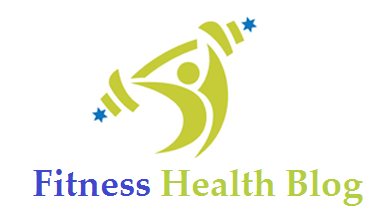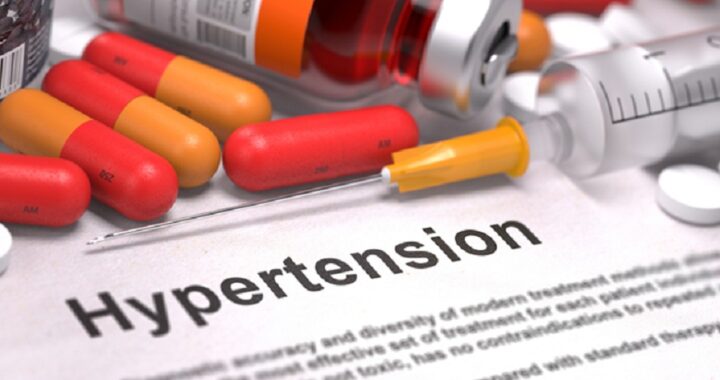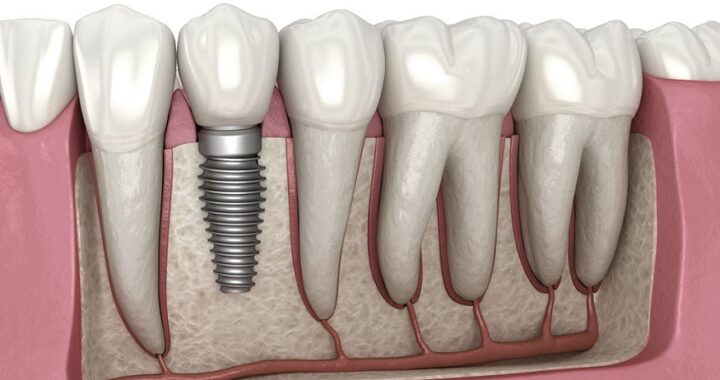Changing Nutritional Diet After Stroke: Helpful Tips

The journey to recovery after a stroke requires specialized care, with attention to various aspects of one’s lifestyle, including diet. Dietary adjustment is a crucial component of post-stroke care and significantly impacts recovery and overall health.
Implementing appropriate dietary changes can help manage risk factors such as high blood pressure and cholesterol levels, promote better brain function, and support overall well-being. This article explores helpful tips for modifying nutritional intake post-stroke, empowering individuals to optimize their recovery journey and enhance their quality of life.
Consult a Dietician
A dietitian can provide personalized guidance tailored to the patient’s needs and health goals. They can assess the patient’s current dietary habits, identify areas for improvement, and recommend suitable modifications to support stroke recovery.
You can invest in quality stroke recovery care – Care to Stay Home, where your patient will be assigned a professional who understands the correct diet for stroke patients. The expert can offer practical advice on incorporating nutrient-rich whole foods, reducing cholesterol intake, and achieving a balanced diet. Collaborating with a dietitian empowers individuals to make informed choices and optimize their recovery journey.
Cut on Salt
Excessive sodium consumption can exacerbate hypertension, a significant risk factor for stroke recurrence.Reducing salt helps regulate blood pressure levels, reduces strain on the cardiovascular system, and potentially prevents future incidents. Opting for fresh, whole foods and flavoring with herbs and spices instead of salt can promote heart health and aid in overall recovery. This simple dietary adjustment can have profound implications for post-stroke management, supporting long-term well-being and quality of life.
Increase Fiber Intake
Fiber-rich foods like whole grains, legumes, fruits, and vegetables offer limitless health benefits, including aiding digestion, regulating blood sugar levels, and enhancing heart health. Incorporating more fiber into the diet post-stroke can help prevent constipation, a common issue post-stroke, and support weight management, which is crucial for overall health. Prioritizing fiber-rich foods enhances nutritional intake, improves gut health, and contributes to recovery. This dietary modification serves as a cornerstone for post-stroke wellness and vitality.
More Whole Foods
Encouraging caregivers to incorporate a healthy diet rich in whole foods for their patients undergoing stroke recovery care fosters a nurturing environment conducive to rehabilitation. Emphasizing the importance of whole foods, such as fresh fruits, vegetables, whole grains, and legumes, ensures patients receive optimal nutrition to support their recovery. Caregivers can creatively integrate these nutrient-dense options into meals, crafting flavorful dishes that promote healing and vitality. Caregivers actively contribute to the patient’s well-being, fostering a profound sense of empowerment and resilience throughout recovery.
Reduce Cholesterol
Reducing cholesterol intake emerges as a crucial dietary adjustment for individuals navigating stroke recovery. High cholesterol levels can exacerbate cardiovascular risk factors, potentially hindering the recovery process. Implementing dietary changes to minimize the consumption of cholesterol-rich foods such as fatty meats, processed snacks, and fried foods is essential. Instead, focusing on heart-healthy options like lean proteins, whole grains, and plant-based fats can aid in optimizing cardiovascular health, laying a foundation for a resilient recovery journey.
In conclusion…
The journey of stroke care and recovery encompasses various aspects, including dietary adjustments crucial for optimal recovery. From reducing cholesterol intake to incorporating more whole foods, every dietary modification plays a vital role in supporting cardiovascular health and overall well-being. Consulting a dietitian adds an invaluable layer of personalized guidance, ensuring individuals receive tailored nutritional support throughout their recovery.

 Refresh Your Life With A RAKxa Detox
Refresh Your Life With A RAKxa Detox  Choosing the Right Diet for Diabetes: A Simple Guide
Choosing the Right Diet for Diabetes: A Simple Guide  Benefits of Diet Bars for Every Diet
Benefits of Diet Bars for Every Diet  Complete Guide to Diagnosis and Treatment of Hypertension
Complete Guide to Diagnosis and Treatment of Hypertension  Moisturizer To Sheet Masks: Skincare Essentials To Pack For Colder Months
Moisturizer To Sheet Masks: Skincare Essentials To Pack For Colder Months  The Step by Step Process of Getting Dental Implants in Fargo
The Step by Step Process of Getting Dental Implants in Fargo  5 Toronto Dietitian Approved Habits for a Healthy New Year
5 Toronto Dietitian Approved Habits for a Healthy New Year